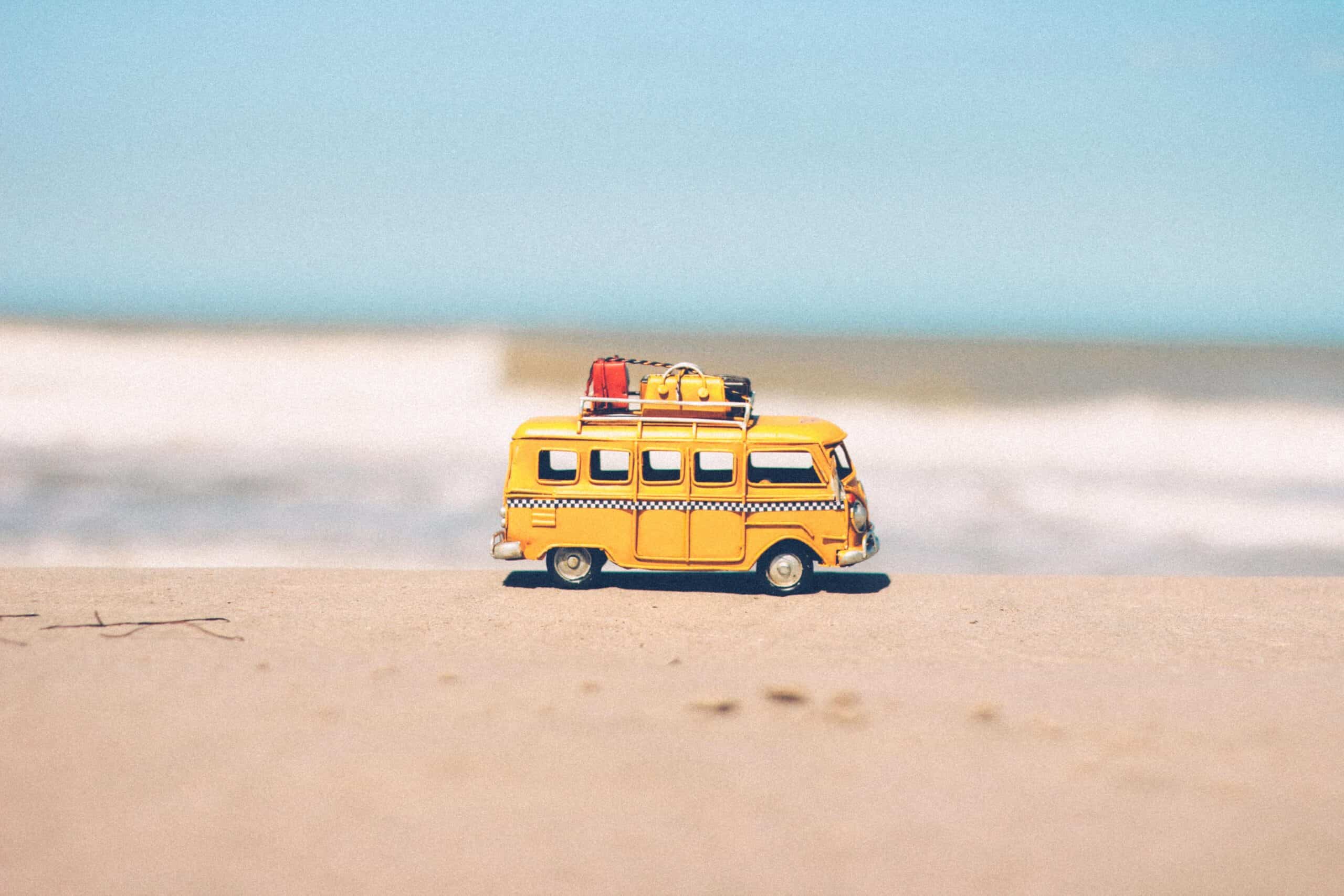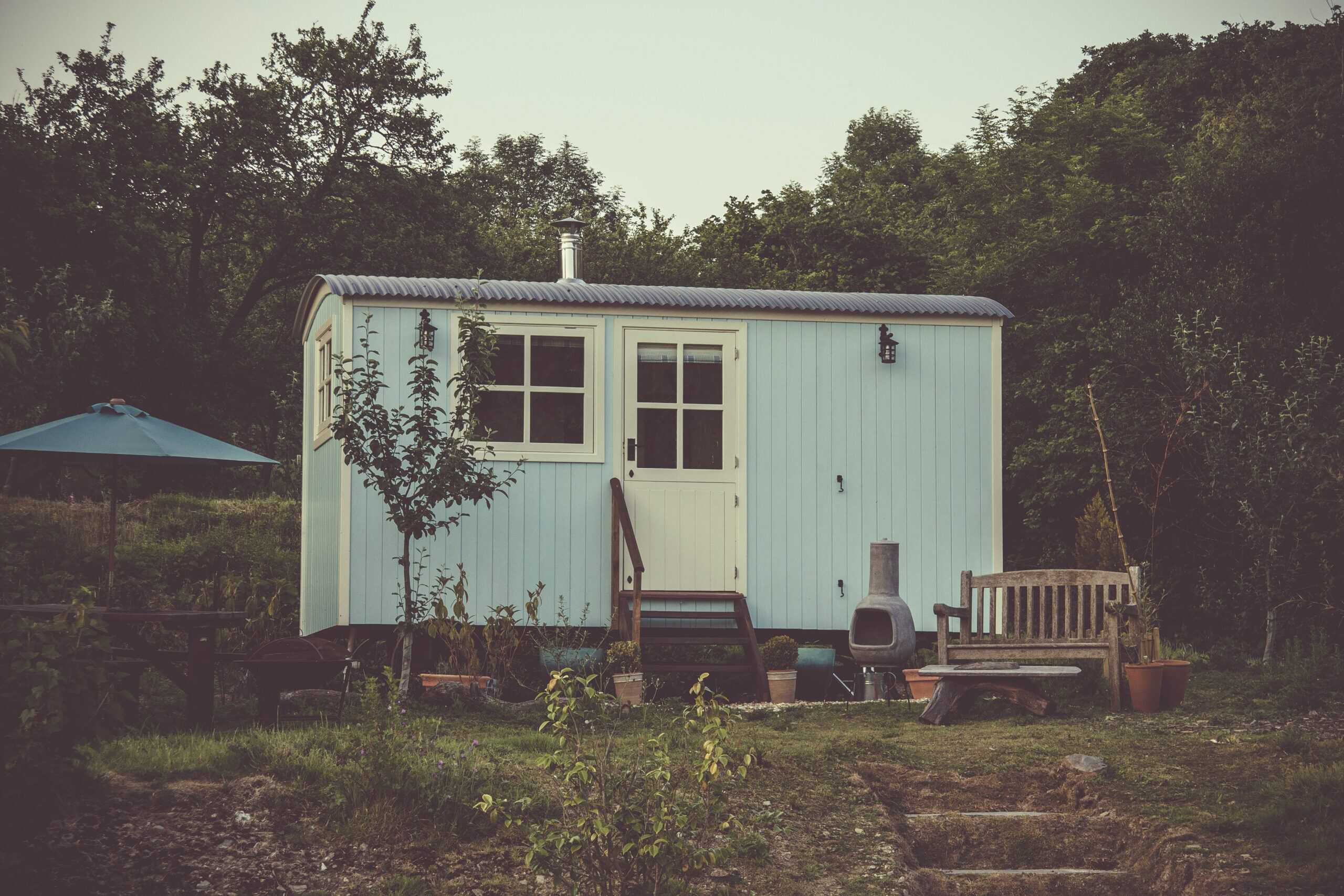If you've heard of van life before, chances are that you've considered it for yourself.
The digital nomad‘s lifestyle certainly has an allure to anyone who ever fantasized about living near the beach.
Backpacking has been one of the most popular ways of living the digital nomad lifestyle for years now.
However, a new wave of travelers has taken up the van life instead.
Why is everyone interested in van life all of a sudden?

The trend mostly seems to come from vloggers who have shared their van customizations and life routines.
While the vlogs are entertaining, they also serve as a resource for people looking to start living in their own van.
The availability of information and inspiration has increased van sales all over the U.S.
That said, a quick search for “van life” will show you several blogs, vlogs, and Reddit posts from people who've decided to quit the #vanlife.
Their reason? Van life isn't as idyllic as it seems.
Here are just a few of the things that newbie digital nomads fail to consider when they start living home-free.
Table of Contents
Van Life Isn’t All Its Hacked Up to Be
You’ll Be Sacrificing A Lot of “Basic Amenities”
A ton of vlogs out there will gush about how van life lets you open your doors and enjoy majestic views of the Great Lakes.
What many of them fail to mention is that half the time, you'll be worrying about where you're going to shower.
Assuming that you go traveling in your van, you'll find yourself in places where you don't have easy access to a shower or even a toilet.
Van lifers typically get around this by getting a gym membership and installing a composting toilet in their van.
If you can get your plumbing-related problems sorted, the next thing for you to worry about is how you're going to work.
While being a remote worker is a no-brainer for anyone looking to live on the road, some areas in the U.S and especially abroad don't have a great internet connection.
You're going to have to rely on eSims for the internet.
But their usability will depend on signals that are even more vulnerable to weather changes than your typical Wi-Fi or LAN connection.
You Won’t Have Much Space
This is an obvious one, but it's also something that people new to van life tend to underestimate.
Let's make this clear: you will always need more space than you think.
When you pick a van, you have to make sure that you'll manage to fit all of your essentials and household items.
An excellent solution to the lack of space is to become a minimalist.
You won't see many van lifers who have a PC on their van since many of them opt for a travel-friendly laptop with specs that meet their basic work requirements.
You'll also have to think about how many clothes you'll bring.
Even if you tend to pack light, winter clothes can be bulky and take up a lot of space.
This is why some digital nomads leave their seasonal items with family members or a storage facility.
Unless you want to be coat-free during winter, you'll have to plan a similar arrangement for yourself as well.
Van Life Isn’t As Free As You Think
No matter where you go in the world, you'll have to deal with the law.
While it's typically not illegal to sleep in your van, some states have started implementing policies that stop people from sleeping in a vehicle overnight.
Even if you find yourself in a state where sleeping in a vehicle is legal, you'll have to make sure you aren't parking on private property.
Some nomads try to solve this by parking their van near a commercial establishment, but not all stores will allow overnight parking.
Truck stops and camping spots are better, more secure options as they'll usually be well-lit and relatively quiet.
That said, van life won't be as secure as having a permanent address.
It’s Dangerous — Especially If You’re a Woman
There are inherent dangers in van living that you'll have to be prepared for whether you're a male or female traveler.
You're automatically putting yourself at risk if you're ever in a remote location.
While cities provide a little more stability and lessen the likelihood of you suffering from an accident or medical emergency alone, parking your van in the wrong area could mean getting robbed or worse.
Female solo travelers have it especially tough since criminals tend to think of them as easy targets.
If you choose the van life, you'll need to learn to be a light sleeper.

Alternatives to Van Life
After reading all that, you might be having second thoughts about living in a van.
It's only natural after being given many reasons why you shouldn't live on the open road.
But if you still want to experience something other than suburban life or apartment living, other options might suit you better.
Motor Homes
If you yearn for van life but want more space and amenities, motor home living might be the perfect van life alternative for you.
Many motor homes on the market come equipped with a small kitchen, a serviceable bathroom, and even a bedroom.
There are three different types of motor homes.
The first is Class A which tends to have the most house-like features.
Then, you have the slightly smaller Class Cs with more modest accommodations than Class A.
Lastly, there's the Class B motor home that will have just enough space for a toilet, a small kitchen, and a foldable bed.
Of course, this tends to be a bit more expensive than living in a van on average, which is why people choose van life in the first place.
But if you can scrounge up the difference, the massive improvements in comfort are more than worth it.
Tiny House Living
If your reason for considering van life isn't the travel aspect but the promise of getting a space all to yourself, you might want to take a look at tiny houses.
The tiny house movement is one of the many alternative living arrangements to go mainstream in recent years.
As the name suggests, you'll be moving into a smaller house that requires fewer materials, time, and real estate to build.
Some tiny houses are as small as 107 square feet — small enough that you can put the house on wheels if you feel like it.
Tiny houses have the advantage of feeling more home-like than motor homes and vans since they're designed to be the same as a home but on a smaller scale.
If you plan on long-term alternative living, that kind of environment brings a sense of comfort that's difficult to quantify until you've experienced the difference.
However, you will have a more challenging time finding a place to put your tiny home.
Unlike vans and RVs, tiny houses can be conspicuous in a McDonald's parking lot.
But if you decide to make your tiny home more permanent, you'll have an easier time setting up electricity, water, and internet connections for your home.
Move to a Cheaper Area
This might seem less appealing if you want to travel, but if you've been thinking about living in a van to save money, you might be better off simply moving to a cheaper area.
Think about it. If you decide to move into a van so you can travel, you'll have to look for a job that lets you work remotely anyway.
In that case, you won't miss out on many opportunities by moving into an area where property and rent prices are low.
You'll have to take care of a lot more paperwork if you buy a house, but if you're at a point in life where you're looking to settle, the sense of security, peace, and privacy you get with a home might be worth it.
Try Homesteading
Not everyone looking into van life is doing it to save money or go on an adventure.
Some of you want to get in touch with nature and live in a more environmentally friendly way.
If that's your goal, you might want to think about homesteading.
Homesteading is a form of sustainable living that puts you in charge of making your food and building your home in the wilderness.
Believe it or not, there are still places in the U.S where you can homestead without buying land.
Whether you ultimately go through with van living or choose one of the home-free alternatives listed above, know that you'll have to adjust to a drastic lifestyle change either way.
So, make sure to do your research and pick the one you see yourself living in for the next few years.
Runar Thor is the Founder and Editor of ALittleBitHuman.com and director of the award-winning short film HANN.
A Little Bit Human is a progressive life magazine born out of a need to cast a light on crucial topics and uplift the human beings in our society doing incredible things. We tell honest, empathetic and socially critical stories that impact lives and move the needle forward.
Planning a trip? Go Backpacking recommends:
- G Adventures for small group tours.
- Hostelworld for booking hostels.

